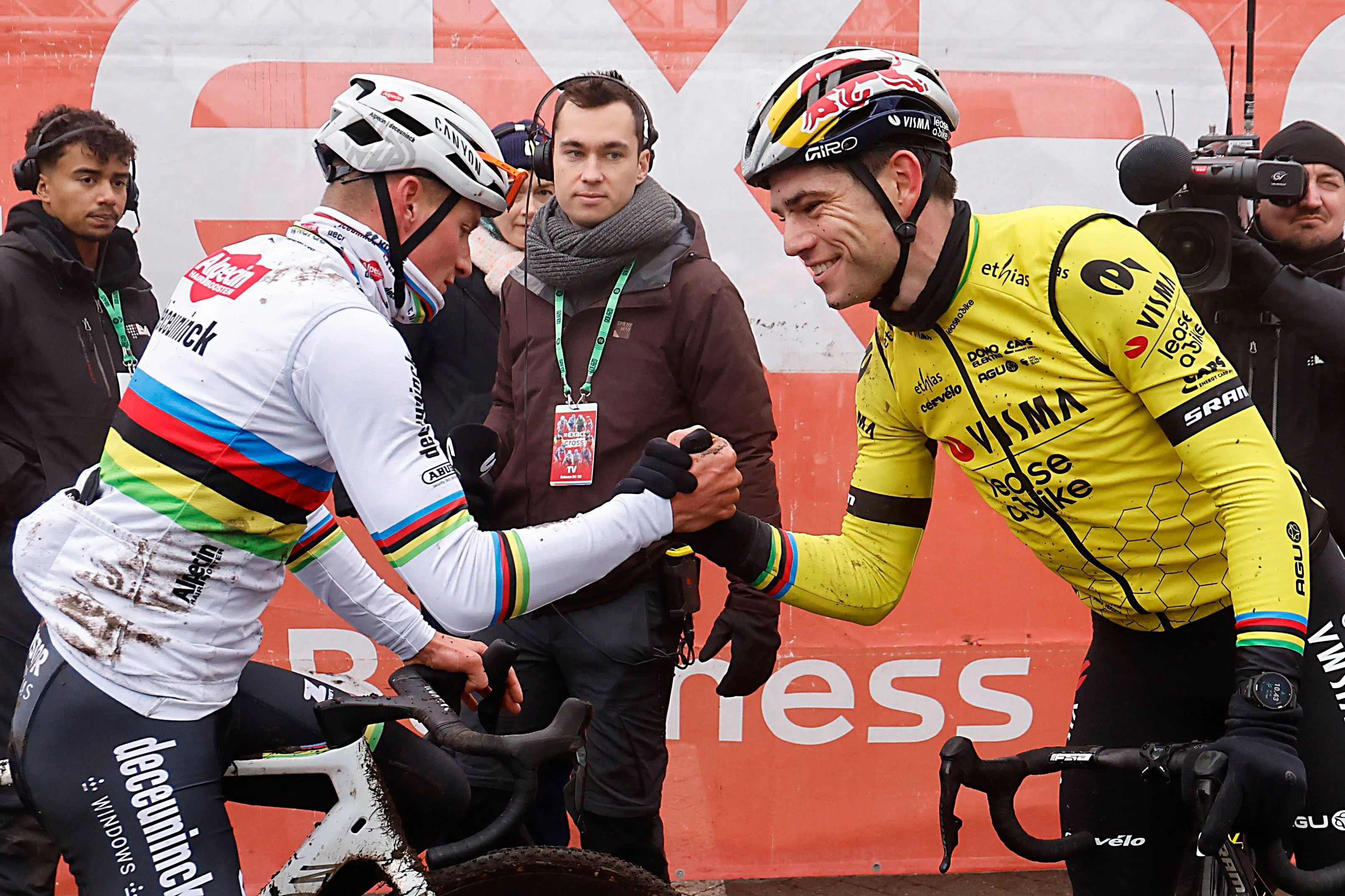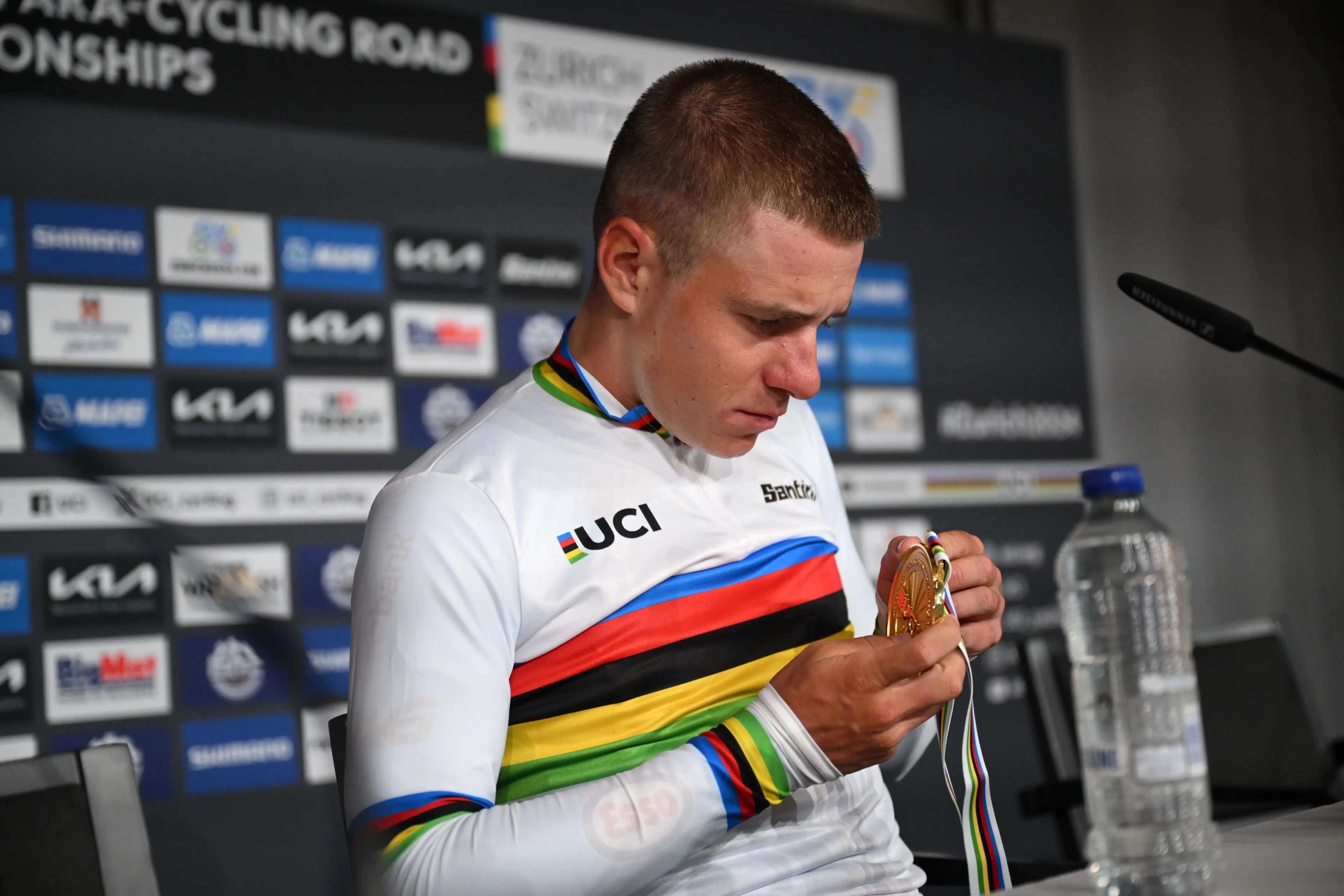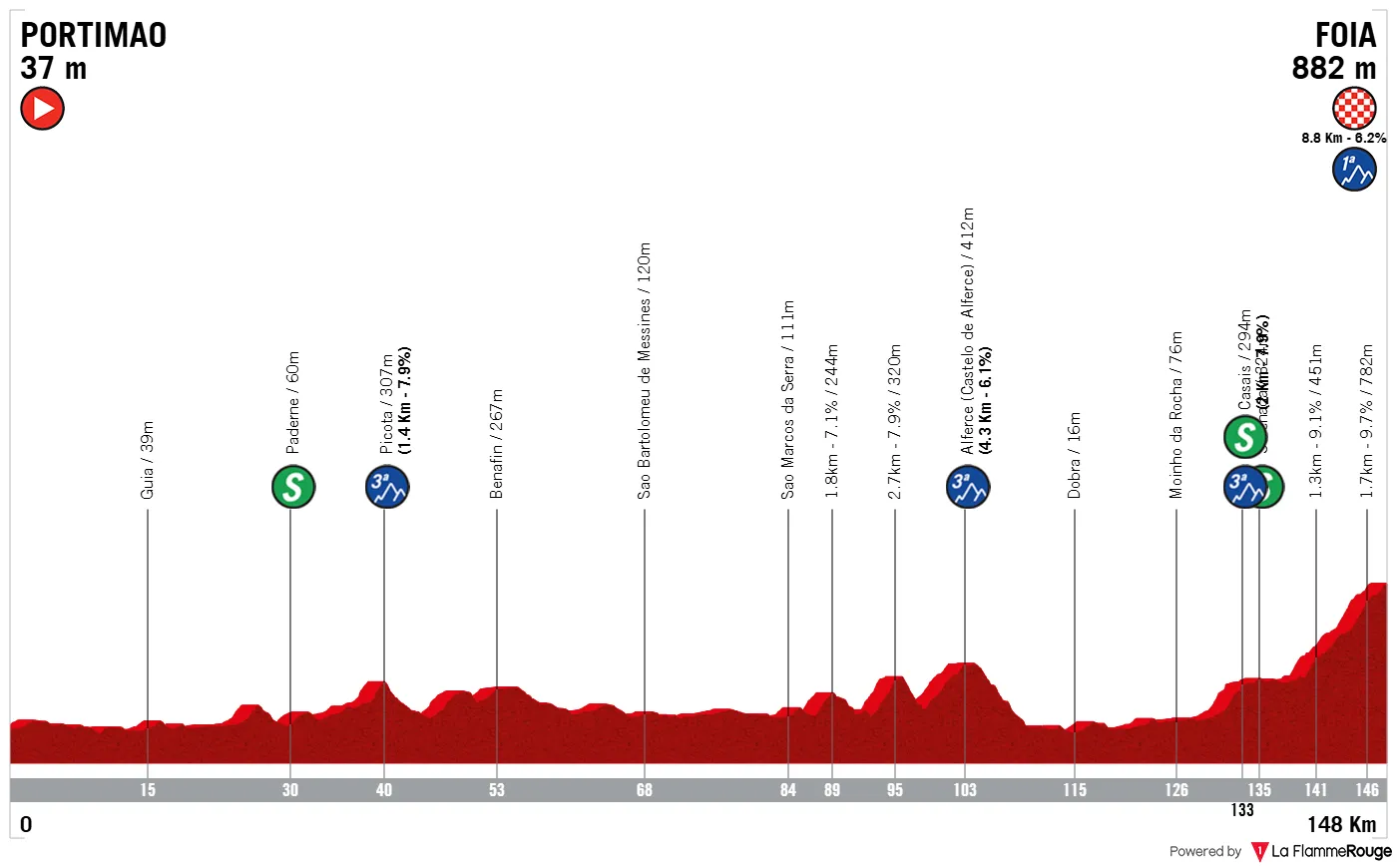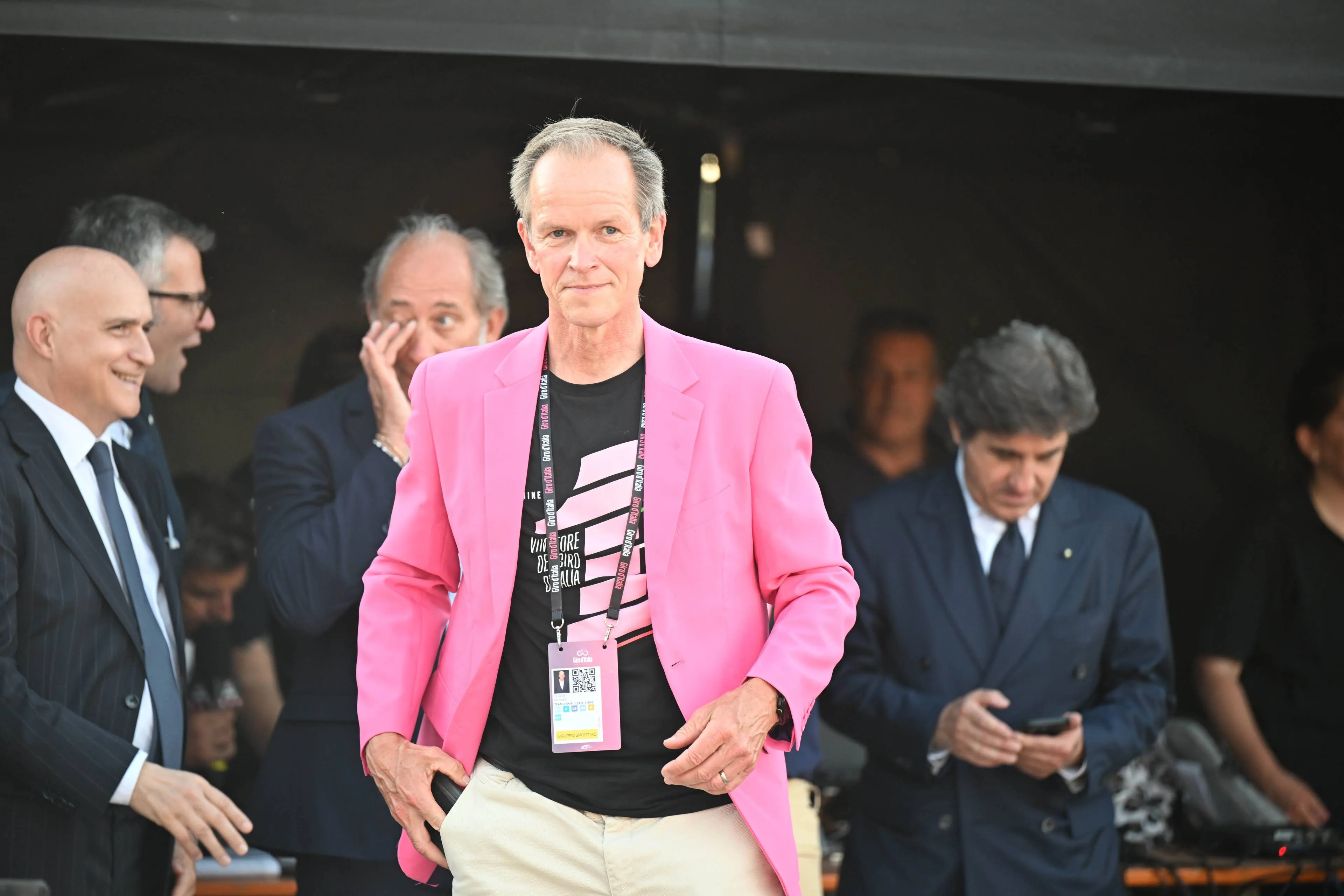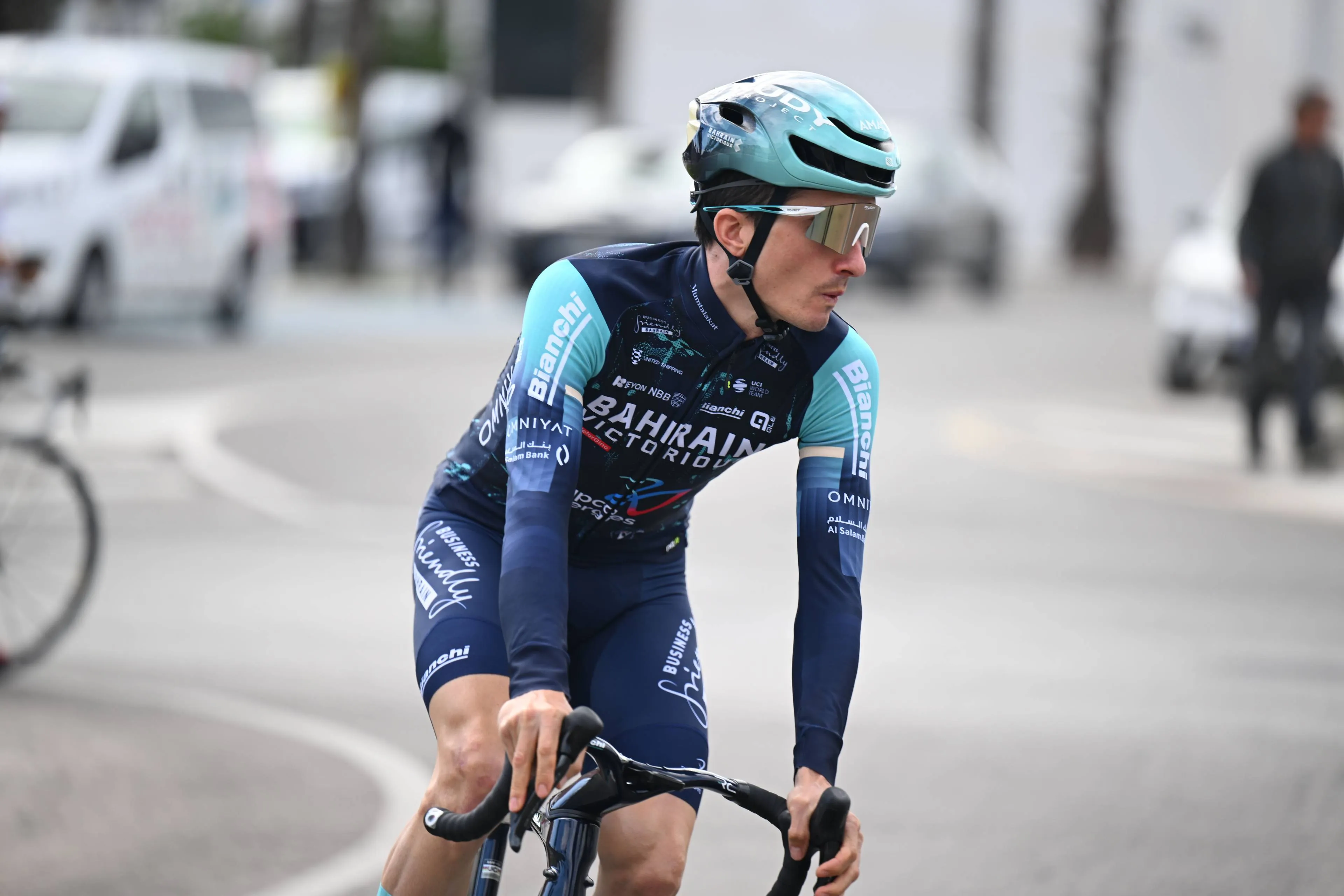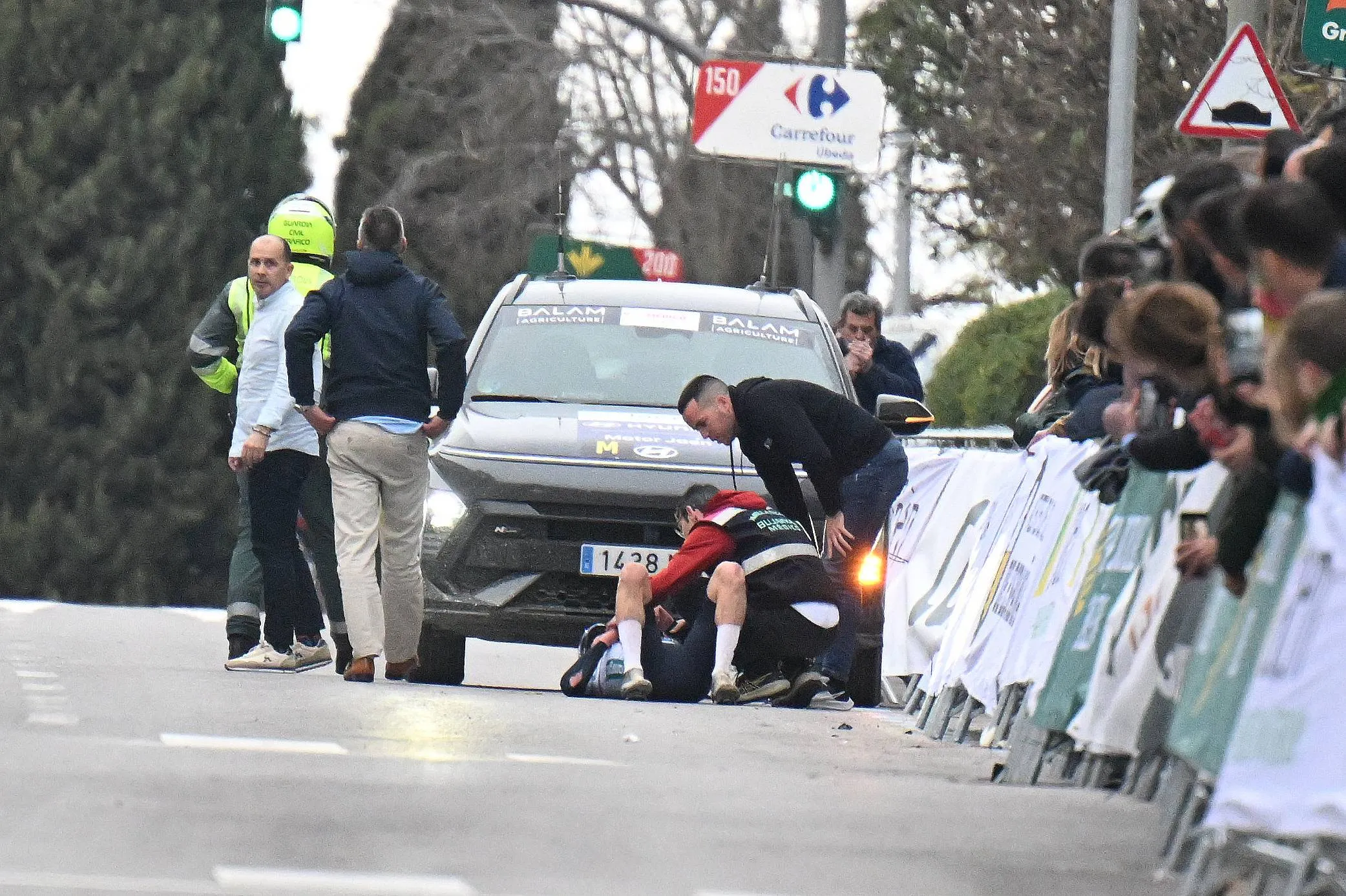Sam Bennett reflects on "lost" years but still believes he can compete with the world's best sprinters: " I did find myself in an environment where I could become myself again"
CyclingThursday, 09 January 2025 at 19:19
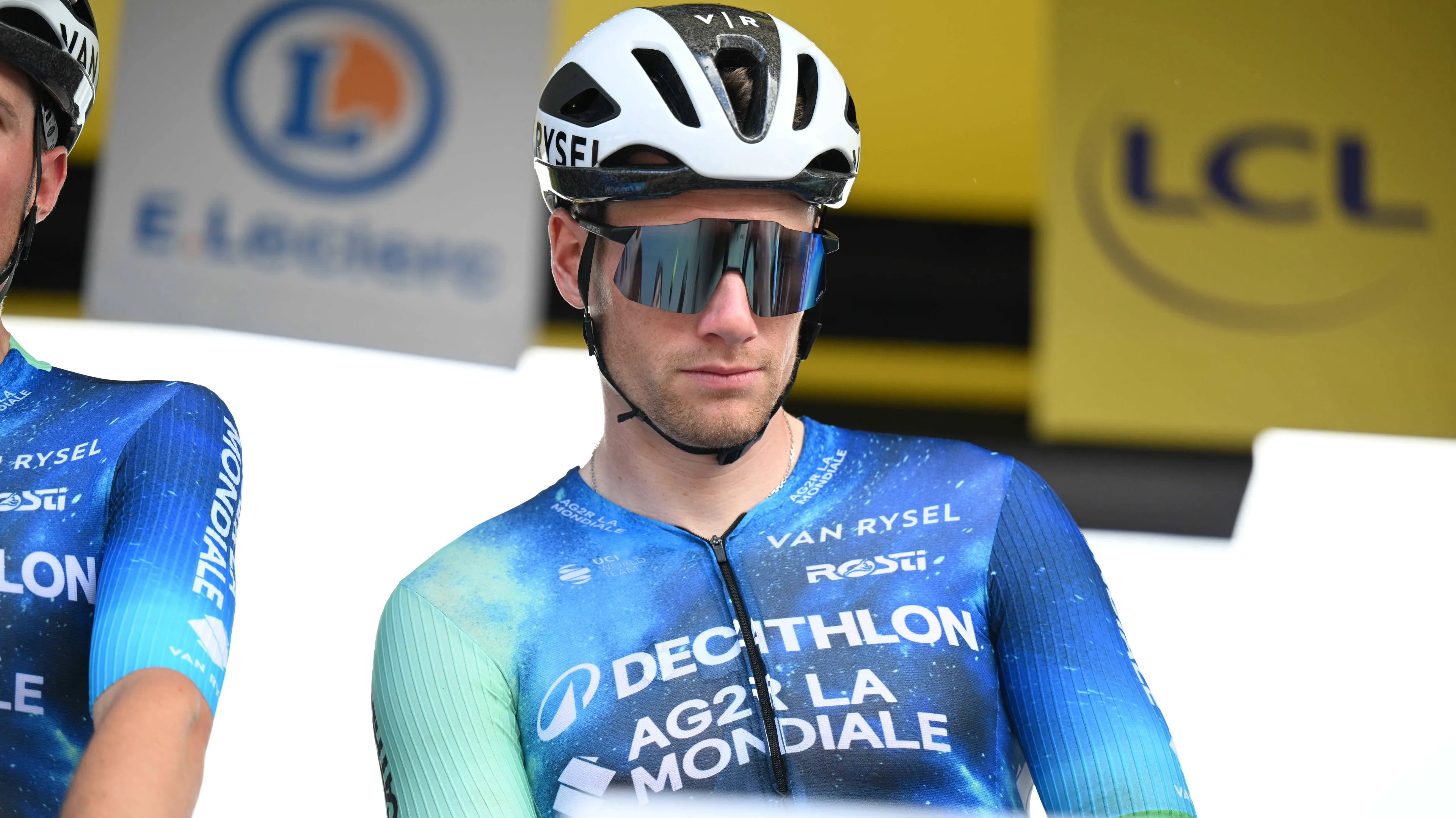
Sam Bennett, the 34-year-old Irish sprinter born in Belgium,
has enjoyed a career filled with remarkable achievements, including stage
victories in all three Grand Tours. However, his last Grand Tour stage win came
at the Vuelta a España in 2022, with his most recent Tour de France stage win
dating back to 2020. Now riding for Decathlon AG2R La Mondiale, who had a great season in 2024, questions
remain about whether Bennett is still one of the world’s top sprinters.
After completing his first season with Decathlon–AG2R,
Bennett spoke candidly to Wielerflits about the challenges he has faced in
recent years, saying, "I admit: it wasn’t the fresh start I had hoped for.
But I did find myself in an environment where I could become myself
again."
Read also
Bennett acknowledged the struggles that have characterised
his performances, attributing much of it to timing and circumstances, "The
problem: in top sport it’s all about moments. To ride good results, all the
capacities you have have to come together at the right moment. We’ve already
learned a lot from this year.
“It took a long time before I got my sprint back. Around the
time of the Four Days of Dunkirk and the Critérium du Dauphiné I finally
started to feel like myself again. I lost that momentum a bit during the Tour
de France, and towards the end I also had stomach problems. It wasn’t until
early September that I felt I had my sprint back. So that took more than a
year."
Read also
Despite the setbacks, Bennett remains motivated, drawing on
glimpses of his best form during the season.
"The numbers are very good. When it clicks, it's easy.
You saw that in the Four Days of Dunkirk. Then it all just comes together at
once and I win four times in five days. That's where I saw that I have the
capabilities. I was almost ready to take off, but then it went wrong again. So
there have been fragments of my best self. That's nice to see, and that keeps
me motivated. But of course I want more than that."
Bennett also reflected on the evolving dynamics in the
peloton and the challenges of maintaining his position among a younger
generation of riders, "That is also the case within the team, sometimes
less so for the outside world. Of course, sport just goes on. In your peak
years, you get a lot of respect and you are seen as a personality in the
peloton.
Read also
“But that was quickly over. More and more young riders are
emerging, fighting to dethrone you. Those guys are new to the peloton and don't
see you as a top sprinter, but of course you still see yourself that way. That
feels very strange and takes some getting used to."
The changes have also affected his position in the peloton
during crucial moments of a race, "I used to be more accepted at the front
of the peloton in the last kilometre, because your opponents know what you are
capable of. You are legit and are going to get results anyway. But if you are
bad, riders will shout that you should get out of the way because you are not
going to do anything anyway.
Read also
“If you have the results, sprinting really does become
easier. But sometimes it also just depends on the jersey you are wearing. At
Soudal Quick-Step we had a great lead-out and we were also accepted at the
front. Now we have to enforce that respect with our train at Decathlon
AG2R."
Reflecting on the challenges since his injury in 2021,
Bennett highlighted how pivotal that period has been, "I must never forget
what it takes to get to the absolute top in the first place. It is harder to
get to the top than to maintain your position there. When you are at that top
level or close to it, you always think: I will come back, I will come back. But
I have never been at my best again after my injury in 2021. That was a key
moment, because after that 'it' did not come back for two years. I had to start
building from scratch."
Read also
Despite calling those years “lost,” Bennett remains
optimistic about his future in the sport:
"They were certainly lost years. They should normally have been the best
years of my career, considering my age. But I am still at an age where I am
fresh. It is not that I sit down and wonder where 'it' is. I see that it is
still there, that it is not over for me. If I did not believe that I could
still do it, I would have done something else in the sport. I have to look for
consistency, start building sensibly and then set the right goals."
claps 0visitors 0
Just in
Popular news
Latest comments
- The crucial thing to remember is that Remco was broken by the pace of Gall and Tiberi, not Del Toro's. Remco's excessive antics are because he doesn't want anyone to think that he's 'genuinely' struggling. You can always say 'he got cramps' because 'his preparation didn't go to plan', but the thing is that there is a limit to the number of excuses and exceptions that there can be. Eventually everyone just accepts that he's reached his ceiling on the climbs.
 Rafionain-Glas19-02-2026
Rafionain-Glas19-02-2026 - Bahraini suspicious..Santiago19-02-2026
- The problem is, a British 'boss' opening the gates, when the native workers not wanting them!
 leedorney19-02-2026
leedorney19-02-2026 - Who is overrating him on climbs? Everyone knows since ages it’s his weakness and needed years of work. Question us if he can do enough about it. For sure he won’t be able to improve his TT enough to compensate.Mistermaumau19-02-2026
- What do you call only seeing someone’s positives?Mistermaumau19-02-2026
- Remco banging his leg, just like he banged his saddle when pog dropped him. He ain't fooling anyone with those antics. I'm not a hater, but he's a bit overrated on serious climbs.Santiago19-02-2026
- Obviously isn’t learning from the Epstein fallout. The more you unravel the past the more undiscovered mess appears.Mistermaumau19-02-2026
- I like Tadej a lot (a lot, a lot) but you're a little exxagerated... Allow me to give you some advice: Never become a fanatic for something or someone (neither pro nor against, haters are against-fanatics). And never idolize human beings.
 maria2024202419-02-2026
maria2024202419-02-2026 - What about them? What did they get away with in the end?Mistermaumau19-02-2026
- If I were Johan Bruyneel, I would be careful what I wish for... There is a high likelihood that revealing your side of the story will actually make things WORSE for you! Also, I suspect Lance will make himself look like the victim and throw you and everyone else under the bus!Pogboom19-02-2026
Loading
Write a comment



